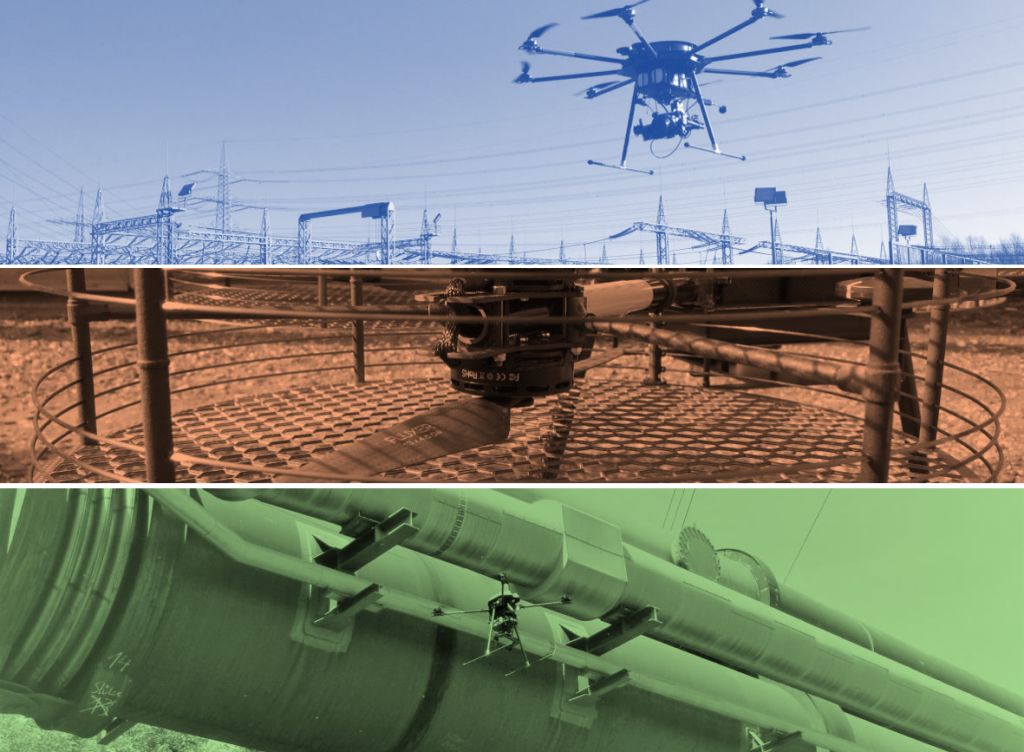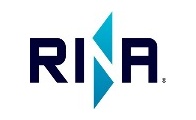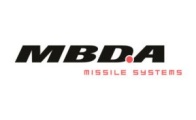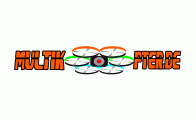DroMoSPlan – Drones for autonomous Monitoring of Steel Plants

Baseline situation
- Drone technology is increasingly being used for civilian purposes and further developed in these areas.
- For a successful transfer to the steel industry, technical, economic, legal and social framework conditions have to be examined.
- Algorithms for autonomous and intelligent flying are needed to increase safety in confined and complex industrial environments.
- In order to make drones a reliable tool for industry, a more robust design, the use of durable and resistant components and automatic charging stations must be developed.
Project goals
- Improvement of robustness and operational safety compared to conventional drones
- Use of automatic charging stations in steel works
- Increased occupational safety through the use of drones in complex and endangered areas
- Reduction of maintenance and repair costs
- Development of algorithms for autonomous flying
- Provision of innovative user interfaces (e.g. smartphone apps)
- Development of a training concept for the operational use of drones
- Investigation and consideration of social and operational aspects
Work stages
- Research all legal and operational framework conditions for the use of drones in the steel industry
- Initiate employee surveys and evaluate the acceptance and social aspects of modern drone technology at the workplace.
- Design and deploy industrial droning platforms
- Design hardware concepts for autonomous flying
- Design and implement communication interfaces and algorithms
- Carry out and validate test campaigns in the steelworks
Usefulness
- Cost reduction in the areas of maintenance, monitoring and logistics
- New inspection possibilities for many different operating ranges
- Enhancing the competitiveness of the European steel industry
- Increased occupational safety through the use of drones in hazardous areas
partners
Funding reference
RFCS grant agreement No. 710066
Your contact person

46 Dr. Andreas Wolff
+49 211 98492 250
andreas.wolff_at_bfi.de








